Local Businesses React to Students’ Return, COVID-19 Safety Restrictions
As students return to campus amid widespread uncertainty caused by the Delta variant, students and business owners alike are excited to connect once again, though business owners remain wary of the unpredictability of the virus.
According to the CDC COVID-19 Data Tracker, Madison County has a high level of community transmission, and 52.5% of the total county population is fully vaccinated.
In response to the recent rise in COVID-19 case numbers, Hamilton Whole Foods owner Monica Costa said that the store has returned to requiring masks inside the store.
“I want to create a safe space,” Costa explained. “That’s a giant part of our store, and our philosophy, and who we want to be.”
Regardless, Costa said she remains excited about the students’ return to the village.
“It definitely feels different than last year. It feels way more manageable. We’re very happy that the majority [of students] is vaccinated,” Costa explained.
Co-owner and head baker at Flour & Salt Britty O’Connor ‘12, MA’13 is less optimistic about the fate of small businesses in Hamilton over the coming months.
“We really can’t say if this year will be different. Through this experience, we have learned not to expect anything in particular because things have been changing on a dime for 18 months,” O’Connor said. “It has become too difficult and stressful to hope for a certain state of things.”
O’Connor is not re-mandating masking for patrons of Flour & Salt but is doing so for her staff, who are 100% vaccinated.
“Like all other establishments that see large groups of people throughout the day, we can’t account for, nor should we be responsible for, policing which customers are and aren’t vaccinated or masked,” O’Connor said.
O’Connor said she may make other COVID-19 safety adjustments to Flour & Salt operations if case numbers continue to rise, including removing tables or returning to exclusively taking online and phone orders.
“All we can do is keep our customers and staff safe and our food costs tight while we try to provide the community with good food and, when possible, a nice place to meet and hang out,” O’Connor said.
Junior Anna Camp echoed Costa’s sentiments, sharing that, to her, the small businesses and town of Hamilton have been an integral part of her Colgate experience. It was difficult for many students, including Camp, to separate from the town during the early stages of the pandemic last year when students went through quarantine periods at the beginning of the Fall 2020 and Spring 2021 semesters.
“If you’re a Colgate student, then you’re going to be a part of the community in Hamilton,” Camp said. “When we were finally able to go back into town [last year], you could see the joy on people’s faces. It was obvious how many students missed being in Hamilton and experiencing the attractions that Colgate has.”
Costa and the rest of the Hamilton Whole Foods staff not only look forward to conversing with Colgate students once again but also feeding them on campus. Last year, Hamilton Whole Foods, like many small businesses in Hamilton, engaged less with the community than they had in the previous year. Catering and delivery were infrequent, with staff seldom bringing food up the hill.
“We did an order today, and it was just a small one, but just the fact that this could happen, and the fact that everything wasn’t all separately bagged, was a normalizing thing,” Costa said.
Costa also noted that some small businesses in Hamilton are short-staffed or otherwise struggling under the weight of the pandemic. She suggested that members of the Colgate and Hamilton community exercise patience as they interact with these businesses.
O’Connor conveyed a strong belief in the power of Colgate to well-manage the pandemic, reflecting on the University’s actions over the last year.
“We continue to be extremely confident in Colgate’s ability to finesse this pandemic,” O’Connor said. “We feel good and excited for the students to be back, and we plan to follow suit as a local business with any policies the University puts into place.”





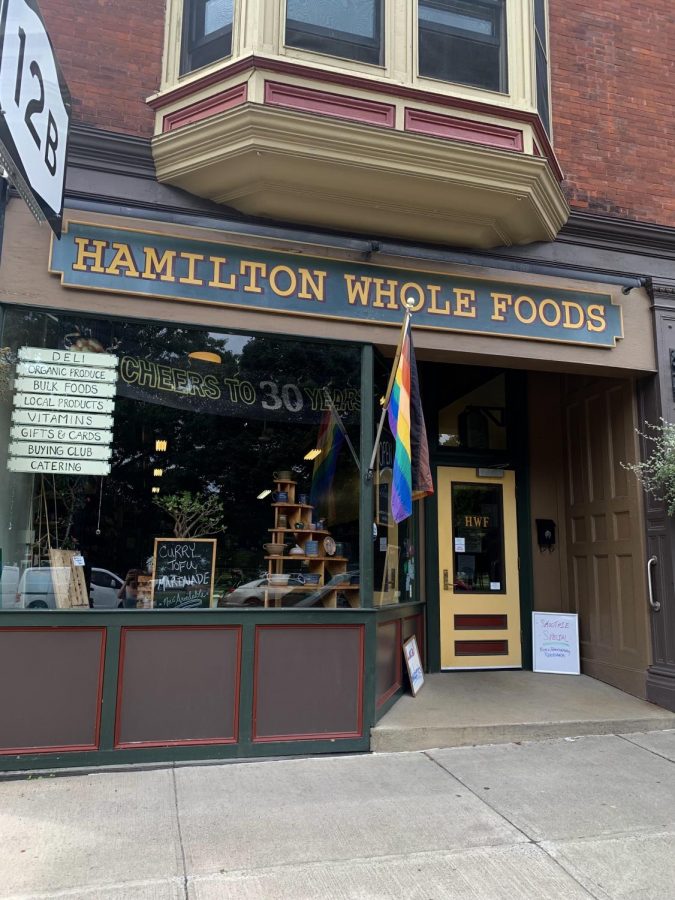
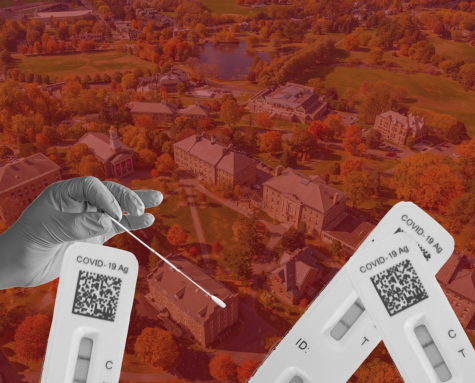
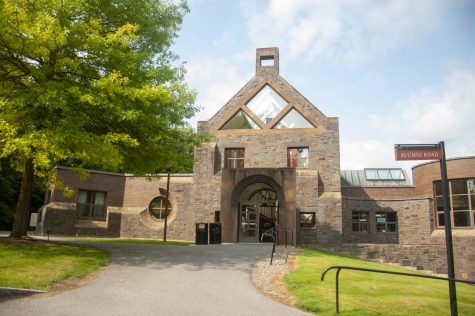
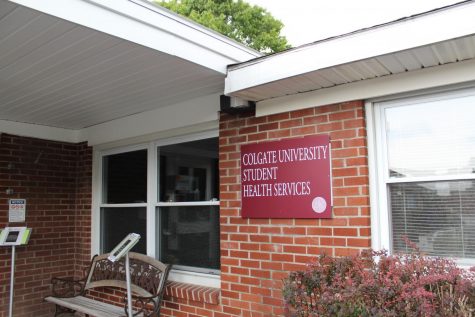
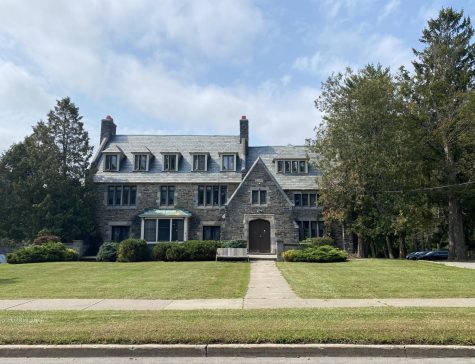
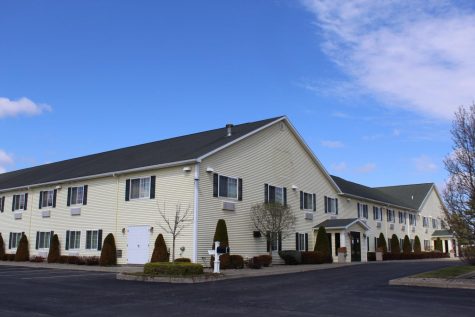
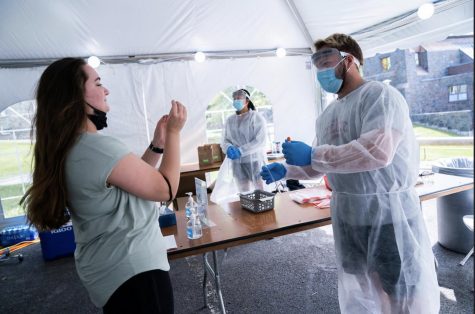

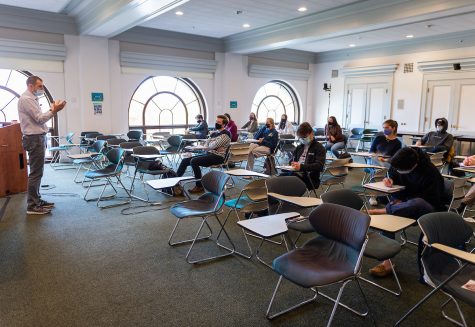
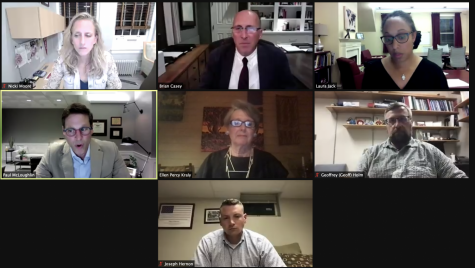
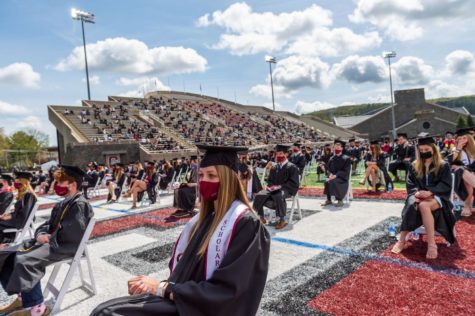
Bri Liddell • Sep 1, 2021 at 4:20 pm
Wow! This piece is incredibly well written (especially for a first year student), and it has taught me so much about the small businesses of Hamilton. The Maroon News is lucky to have such a talented new writer on their staff, and I look forward to reading more from her and from the paper as a whole in the future. Keep it up, Maroon News! <3